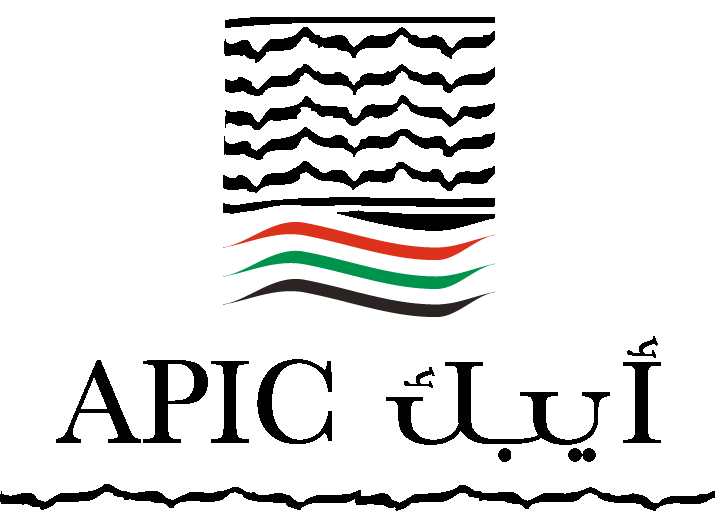Tarek Aggad, Chairman and CEO of Arab Palestinian Investment Company (APIC) announced that the group achieved net profits after tax of USD 7.9 million in the first half of 2017, a growth of 25.4% year on year, while net profits attributed to APIC shareholders amounted to USD 5.24 million in the first half of 2017, a growth of 20.6% year on year. Revenues grew by 13.3% compared to the same period in 2016, and amounted to USD 324 million in the first half of 2017.
Increasing APIC’s paid-up capital to reach USD 70 million
Aggad added that APIC’s paid-up capital was increased to reach USD 70 million by distributing 4 million in bonus shares to its shareholders, 6.06% at par. APIC also distributed USD 3,960,000 million as cash dividends, 6% at par. Accordingly, total dividend payout amounted to USD 7,960,000 million, 12.06% at par. APIC’s share closed at USD 1.90 by the end of the August 14th, 2017 trading session, while its market capitalization amounted to USD 133 million, representing 3.5% of the Palestine Exchange’s total market capitalization to date.
Siniora received a highly-ranked international food safety certificate
Aggad highlighted some of the group’s notable achievements, despite the surrounding challenges in Palestine and abroad. Siniora factories in Jordan and Palestine received a highly-ranked international food safety certificate, the FSSC: Food Safety System Certificate 22000 (ISO/TS22002-1), which represents the adoption of the highest food security standards worldwide and is recognized by key international organizations including the European Food and Beverage Association, the American Manufacturing Association and the Global Food Safety Initiative. Siniora subsidiary Diamond Meat Processing Company (Al-Masa), which is based in Dubai, UAE, has been accredited by the Saudi Food and Drug Authority to export its meat products to Saudi Arabia. Siniora also purchased a 3,500-square-meter warehousing facility in Riyadh, Saudi Arabia, at a total cost of USD 2 million, a move that is in line with Siniora’s future expansion strategy in the region, with a focus on Gulf markets.
PAC launched the new Hyundai headquarters in Palestine and the first mainstream new IONIQ Hybrid vehicle
APIC subsidiary Palestine Automobile Company (PAC) officially inaugurated its new Hyundai headquarters in Ramallah, Palestine, completed at a cost of USD 4 million. The sizeable investment includes a state-of-the-art service center, a large spare parts division and a new body/paint workshop. The center will be the base for the future growth of Hyundai in Palestine, and offers customers the ideal conditions to service their vehicles, including those that run on hybrid and electric technologies. PAC also launched the first mainstream hybrid vehicle in the Palestinian market, the IONIQ Hybrid. This beautifully-designed and high-performance vehicle combines fuel-saving technologies with eco-friendly safety systems, a modern design and integrated supplies. PAC has also refurbished its Hyundai showrooms in Ramallah, Nablus and Hebron, bringing them up to the global standard set by Hyundai Motor Company.
NAPCO received distribution rights for integrated engineering software Orgadata Logikal®
As part of its commitment to continuously provide high-tech services that are on par with international practices, and as part of its strategy to provide engineering and software solutions for the construction sector at large and the aluminum sector in specific, APIC subsidiary National Aluminum and Profiles Company (NAPCO) received distribution rights for the integrated engineering software Orgadata Logikal® in Palestine – NAPCO Pro. Orgadata is a German company that develops software specifically for the commercial aluminum business which calculates quantities and provides power analysis for infrastructure projects and facade constructions.
A continuous commitment to its social responsibility in supporting institutions in Jerusalem
Aggad confirmed APIC’s commitment to the communities within which it operates, with strategic support allocated towards pioneering institutions in Jerusalem including Dar Al-Tifel Al-Arabi, the Industrial High School/The Arab Orphans Committee and Yabous Cultural Center. These investments will assist the institutions in strengthening their steadfastness and fulfilling their educational, national, humanitarian and cultural missions in line with APIC’s corporate social responsibility strategy, which aims to invest in core sectors including education, healthcare, youth, culture, entrepreneurship as well as providing support to social and philanthropic institutions.

